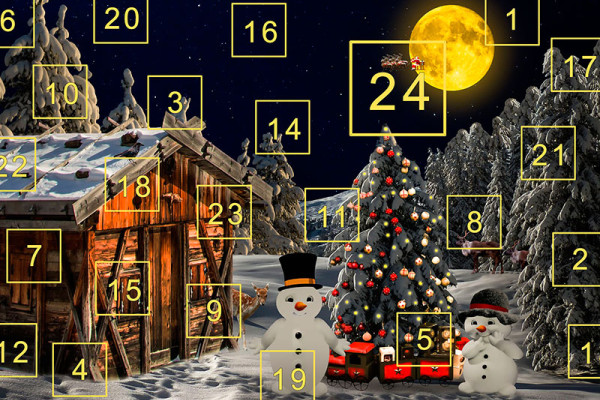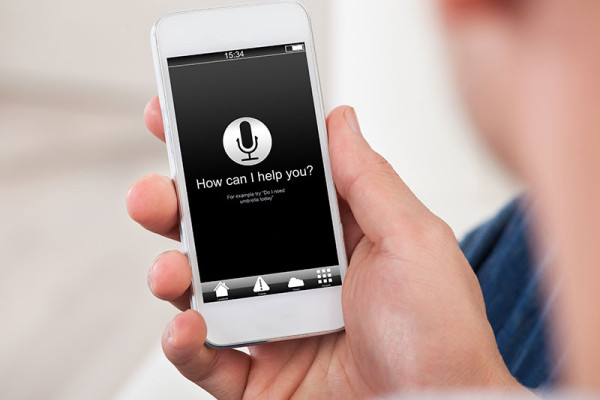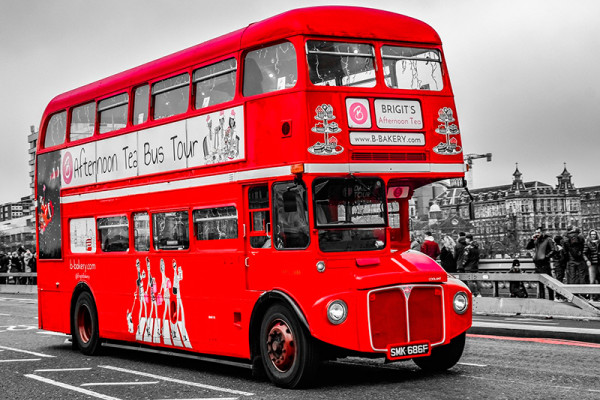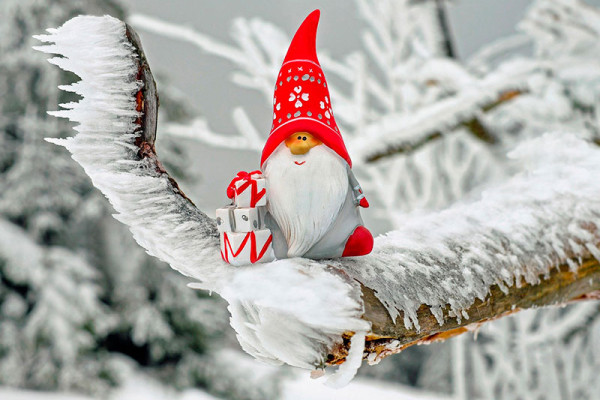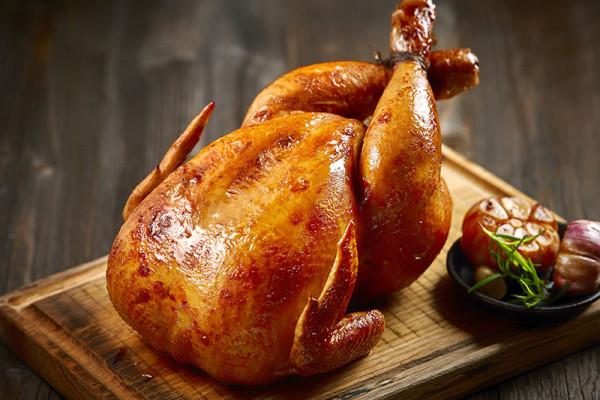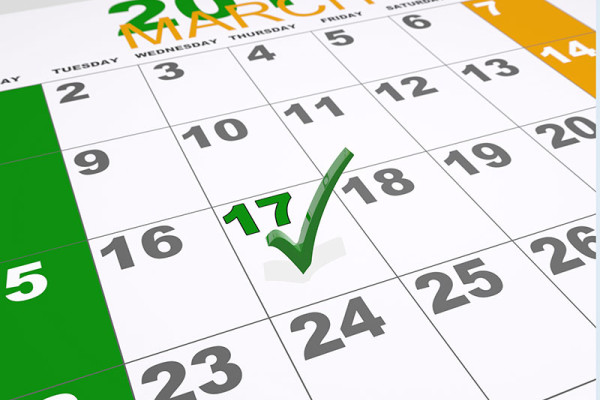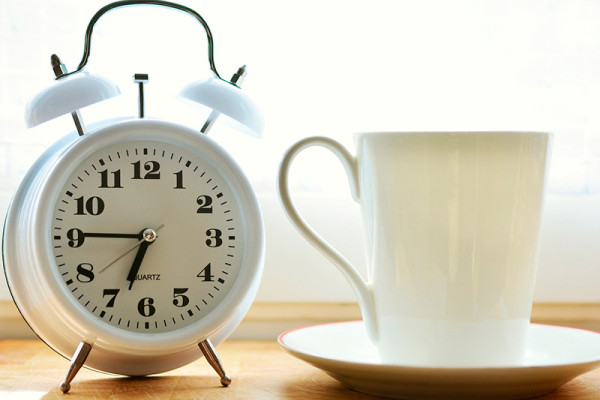The British sense of humour.
Types of humour

What would our lives be without humor? They would probably be a lot more boring. To be able to make fun of politicians, to laugh at others but also at ourselves, to tell jokes, all this makes our lives much richer and more interesting.
Although the way to understand or use humour is similar everywhere, it is true that depending on where you live there is more of one type of humour than another. Or in other words, it may be that what we find funny in our country, in another one, it may not be funny at all or it may even be offensive.
On this occasion, we will focus on analysing what types of humour the British use. In general they love to ridicule and make fun of everyday life, they like to laugh at themselves and their habits and customs. So here are some of the most common ones.
1. Irony.
With this type of humour, the aim is basically to highlight when something is different or the opposite of what is expected. For example, "A marriage counsellor has just been divorced". It is normal or expected that a marriage counsellor, whose job is to solve marriage problems, should not need to get divorced. Or "A fire station has been burnt down". What is expected is that a firefighter should have the potential fire risks under control.
Irony is also used to imply the opposite of what is said to criticise something without doing so explicitly, but with no intention of offending anyone. For example, in a class, when the teacher asks the students a question and no one says a word, the teacher says: "Don't all talk at once".
2. Sarcasm.
Sarcasm is a form of irony in which people try to ridicule or make fun of another person. The context and tone of voice used are crucial in this type of humour. An example: someone is doing something very slowly and is told: Could you do it a bit more slowly, please?; or someone is wearing loads of perfume and is told: A very good perfume, have you bathed in it?
3. Dry humor
Dry humour, or deadpan, consists of saying something that we know is funny, but with a straight face and in a serious tone of voice. This kind of humour can be a bit confusing for non-British people, as it's hard to tell if they're joking or serious. In general, it is said that if someone says something that doesn't make much sense, with a straight face, that person is probably joking.
4. Witty humour
In English it can also be called "wit", and it's a type of humour that consists of making quick and intelligent comments and remarks, generally with a straight face. This type of humor requires being quick thinking and clever, since it appears spontaneously, in the middle of a conversation and it has to fit perfectly with what is being talked about. It seems that one of the greatest compliments that can be given to a British person is to describe them as "witty".
5. Self-deprecation
Self-deprecation basically consists of making fun of oneself, that is, using those weaknesses or shortcomings one has and highlighting them in a funny way. In general the British don't like to show off and that's part, not only of their culture but also of their sense of humour, so they use this type of humour a lot.
6. Double entendre or inuendo
This type of humour consists of intentionally saying things that can be interpreted in a generally sexual or taboo sense. This type of comment can be easily slipped into any kind of conversation because it is not offensive or directly rude. Sometimes, this type of humour is not intentional, you simply say something that can be unintentionally interpreted by others in a different sense to the one you have expressed.
7. Banter
It usually takes place among friends or in the family environment, as it consists of teasing, and joking about someone. Many times the person who is the object of this joke doesn't find it as funny as those who are laughing, but in general this type of humour is developed in friendly and informal conversations in which funny comments are made to one another.
8. Play on words or puns
Language can be a great source of fun if it is used in an intelligent way. In English there are many words that are pronounced similarly or the same way but mean different things, or words that have more than one meaning, and this is exploited to the full. It is very common to see puns in shop names, for example: A kebab shop called "Abrakebabra", a bakery called "Bread Pitt", a Thai food restaurant called "Thai Tanic" or a "fish and chips" shop called "The Codfather" in reference to the film "The Godfather", where the word "God" has been changed to "Cod", a fish used to make the famous "fish and chips".
These types of humour are obviously not exclusive to the British, and it is quite possible that at some time or in some situation we have used irony, banter, sarcasm or self-deprecation. It doesn't matter which one we choose or feel more comfortable with or like to use, the aim is to get a laugh out of those people with whom we have conversations. Keep humour going!
Artículos relacionados
Comment


